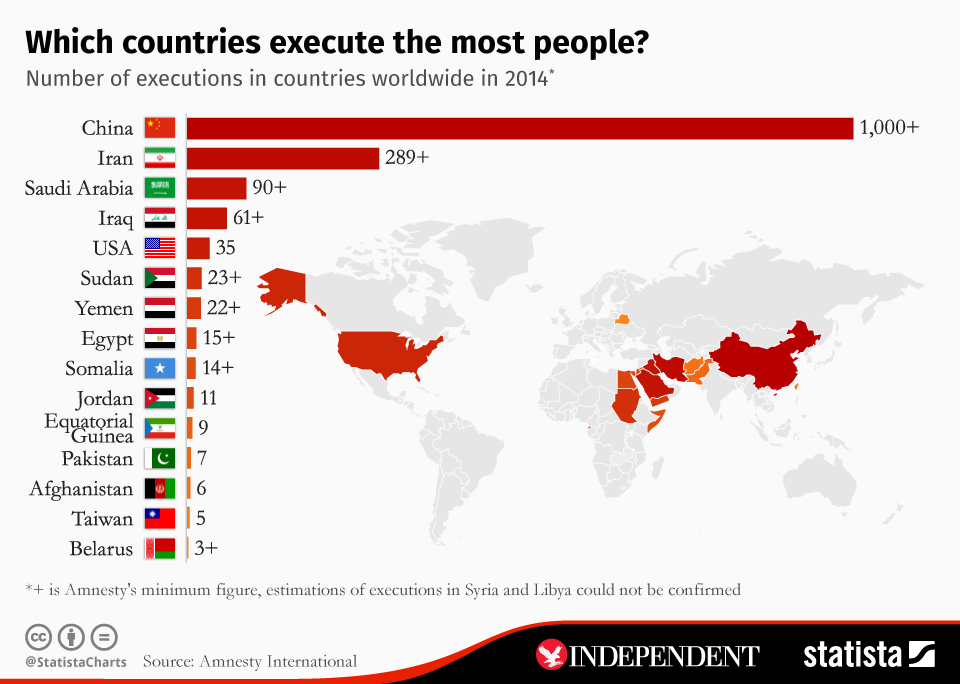How Saudi Arabia captured Washington
America's foreign policy establishment has aligned itself with an ultra-conservative dictatorship that often acts counter to US values and interests. Why?
There was a moment almost exactly one year ago, in March 2015, that revealed some uncomfortable truths about America's relationship with Saudi Arabia.
That month, as Saudi Arabia prepared to launch what would become its disastrous war against Shia rebels in neighboring Yemen, the Saudi ambassador in Washington, Adel al-Jubeir, brought a list of "high-value targets" to CIA Director John Brennan. The Saudis were asking for American support in the war; the list was meant as a show of cooperation.
But when US intelligence agencies checked the list against their own information, they found that many of the targets had little or no military value, according to a report at the time by
the Wall Street Journal's Maria Abi-Habib and Adam Entous. Many were civilian structures in or near population centers.
The US warned Saudi Arabia off the targets, and Saudi officials said they complied. But when the air war began, Saudi bombs fell heavily on "hospitals, schools, a refugee camp, and neighborhoods," according to the Journal.
The US initially held back from the war. But soon, in an apparent effort to purchase Saudi acquiescence to the nuclear deal with Iran, the US
substantially increased support for the Saudi-led campaign, providing midair refueling, weapons and supplies, targeting information, and 45 dedicated intelligence analysts.
A year after the war began, it is now a disaster, as
detailed in a New York Times account. Half of the 6,000 casualties are thought to be civilians; al-Qaeda's hold in Yemen has strengthened; Saudi Arabia has failed in its objective to force the war's end, instead only exacerbating the ongoing violence. The US has helped Saudi Arabia to accelerate the implosion of another Mideast state, with unknown but surely far-reaching implications.
You would think that Washington's foreign policy community — a close-knit network of think tanks, academic outfits, and other institutions that heavily influence the media and whose members frequently rotate into and out of government positions — would be outraged. That community is overwhelmingly focused on the Middle East, prides itself on high-minded humanitarian ideals and far-thinking strategy, and is often critical of President Obama's foreign policy.
"Frankly, think tanks are a very good investment for these guys. It's a low-cost, high-value proposition."
But aside from a few
dissident voices, the Washington foreign policy community has been relatively quiet on America's involvement backing Saudi Arabia's war in Yemen. Instead, this week, much of that community expressed outrage over a very different story about the US relationship with Saudi Arabia: Obama, in an interview, had seemed to deride the Saudi leadership and its influence in Washington.
"Free riders aggravate me," Obama told
the Atlantic's Jeffrey Goldberg, apparently referring to European and Arab allies generally. He criticized Saudi Arabia's treatment of women and its practice of promoting fundamentalism abroad; he suggested it would have to learn to "share" the Middle East with its adversary, Iran.
Also in the story, administration officials anonymously described Washington, DC's Massachusetts Avenue, where many think tanks have their offices, as "Arab-occupied territory," implying that they are doing the bidding of oil-rich Gulf states such as Saudi Arabia, which provide those think tanks with
heavy funding.
Whereas Obama's material support for a disastrous Saudi-led war had drawn little protest in Washington, his words of muted criticism for Saudi Arabia provoked days of sustained outrage. His comments were denounced as
"play[ing] the blame game";
"betraying a grievous misunderstanding of what it means to be the world’s No. 1";
"the mark of a careless and clumsy amateur";
"turn[ing] allies overboard";
"overweening arrogance";
blaming others for his own failures;
comparable to Donald Trump; and so on.
(...)


